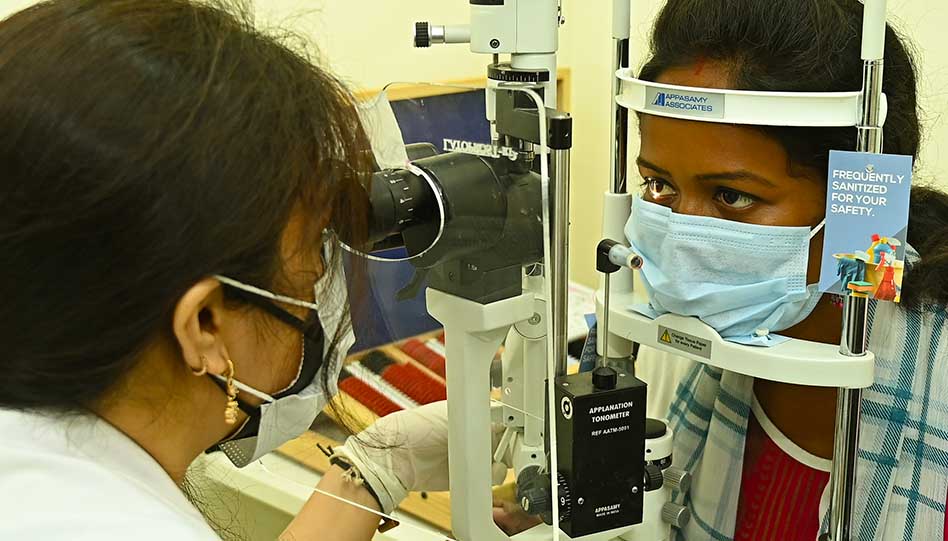Our eyes are one of the most vital organs, yet we often take them for granted until problems arise. Degenerative eye conditions, such as macular degeneration, glaucoma, and diabetic retinopathy, can develop gradually, leading to significant vision loss if left untreated. Recognizing the early warning signs is crucial for timely intervention and preserving eye health.
Blurred or Distorted Vision
One of the earliest signs of degenerative eye diseases is a gradual blurring or distortion of vision. If straight lines appear wavy, objects seem out of focus, or you have difficulty reading, it may indicate macular degeneration, which affects the central part of the retina.
Increased Sensitivity to Light
If you find yourself squinting or feeling discomfort in bright environments, it could signal early cataracts or other degenerative conditions. Increased light sensitivity may also indicate damage to the optic nerve, as seen in glaucoma.
Difficulty Seeing at Night
Struggling to see in low-light conditions or experiencing night blindness can be an early warning sign of retinal disorders. This issue is common in conditions like retinitis pigmentosa, which gradually affects peripheral and night vision.
Frequent Changes in Prescription
If you frequently need to update your eyeglass or contact lens prescription, it may indicate an underlying degenerative condition. Rapid changes in vision strength are often linked to conditions like keratoconus or diabetic retinopathy.
Floating Spots or Flashes of Light
Seeing floaters (tiny specks that move across your vision) or sudden flashes of light can be a sign of retinal detachment or damage. While occasional floaters are normal, a sudden increase requires immediate medical attention.
Loss of Peripheral Vision
A narrowing field of vision, commonly described as “tunnel vision,” can be an early sign of glaucoma. Since glaucoma causes gradual optic nerve damage, early detection is key to preventing irreversible blindness.
What You Can Do
If you notice any of these symptoms, schedule an eye exam as soon as possible. Regular eye check-ups, a healthy diet, UV protection, and managing underlying conditions like diabetes can help preserve your vision. Early diagnosis and treatment can significantly slow the progression of degenerative eye diseases.
Protecting your eyesight starts with awareness—don’t ignore the warning signs. Stay vigilant and prioritize your eye health today!


